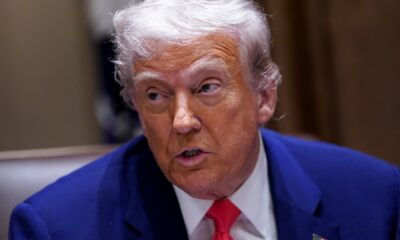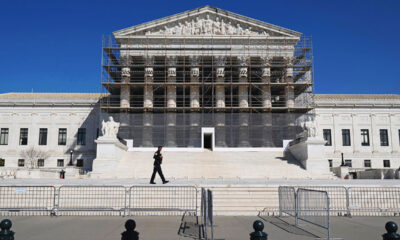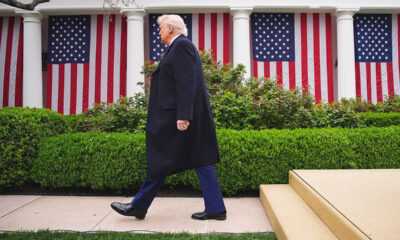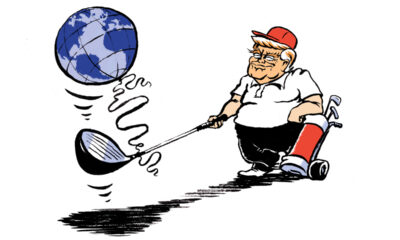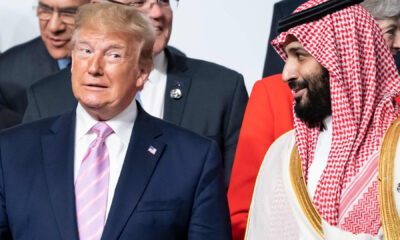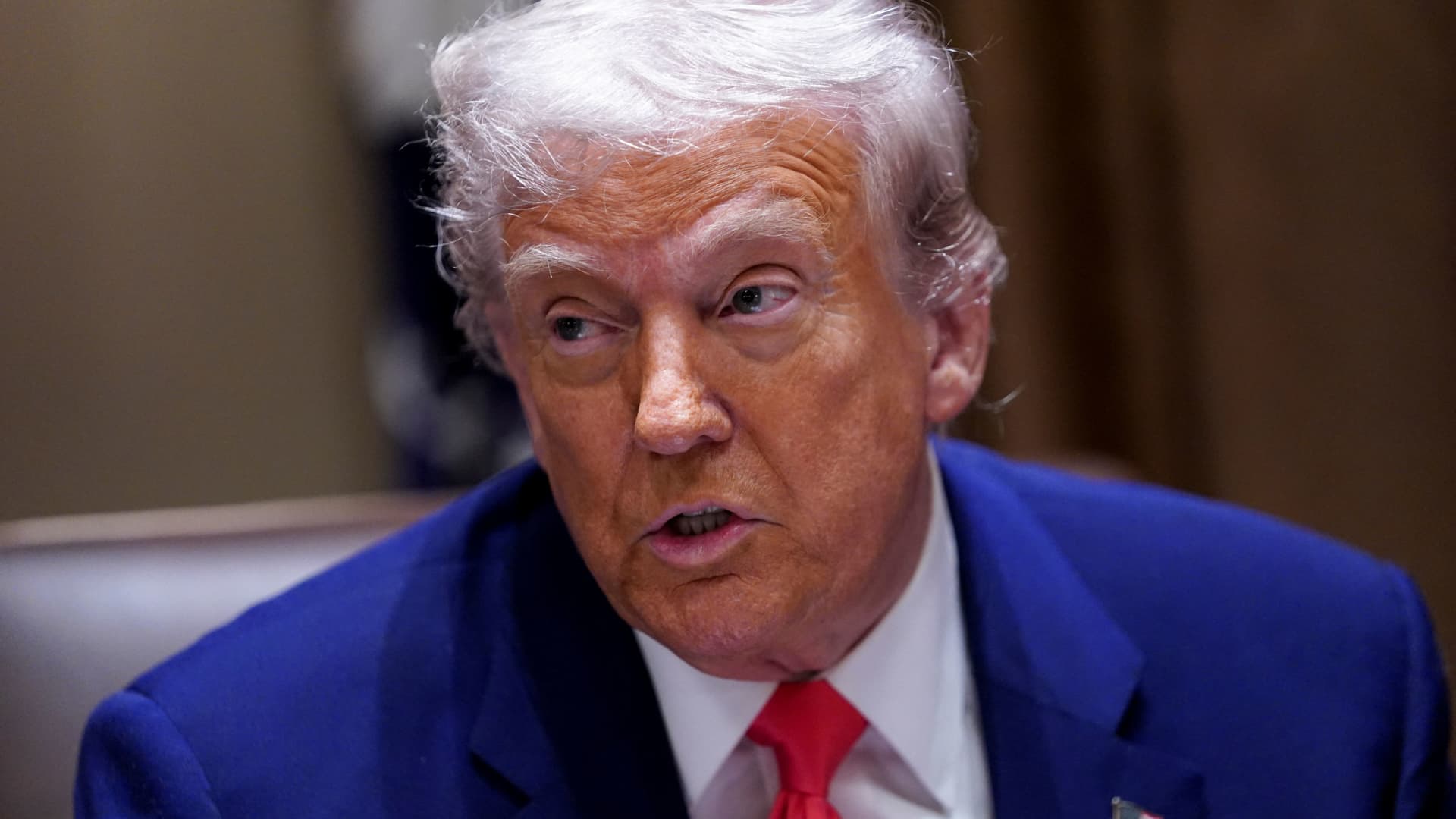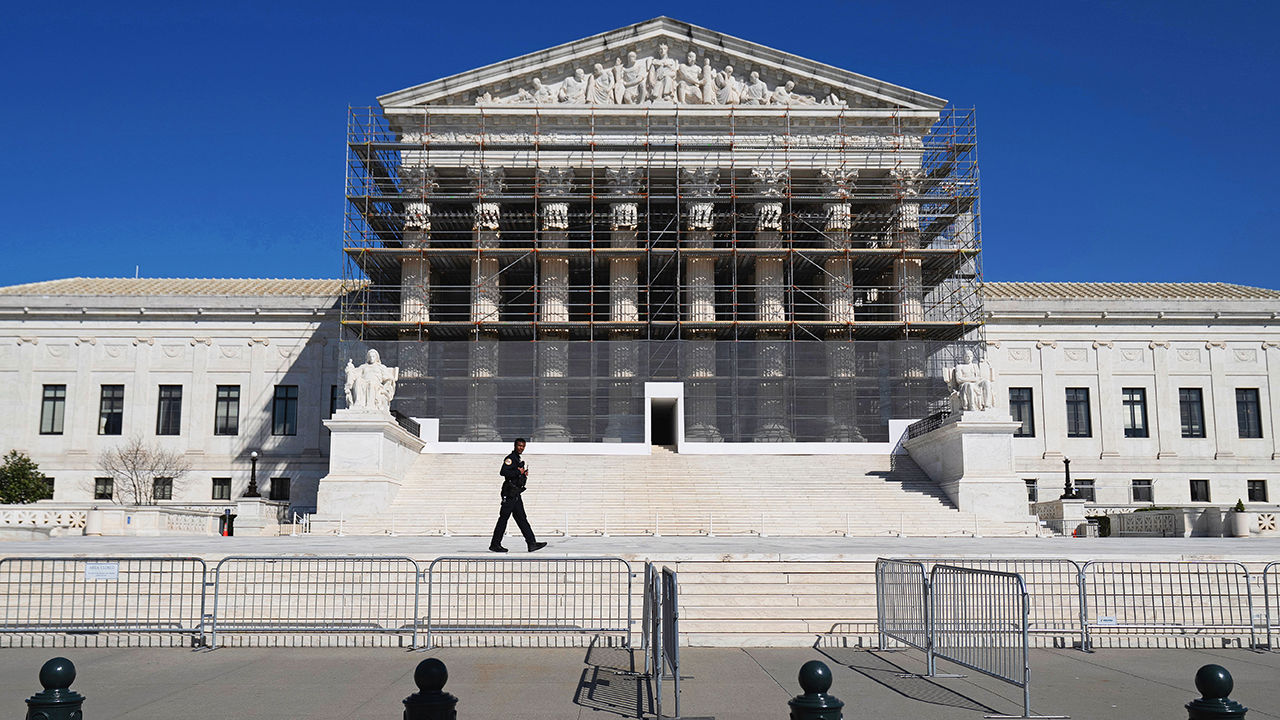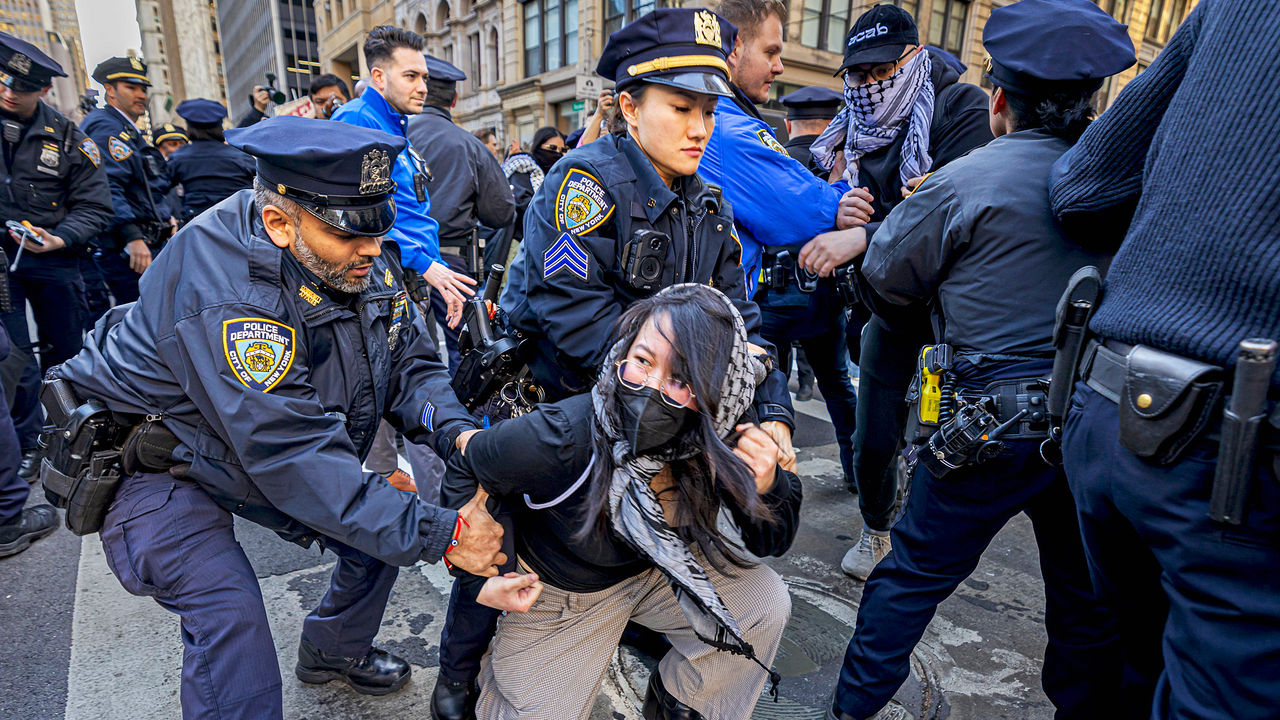President Donald Trump’s tariff increase on imports from China would basically end most trade between that country and the U.S., according to economist Erica York.
“It depends on how narrowly the tariff is applied or how broadly it’s applied, but generally if you get north of a triple-digit tariff, you are cutting off most trade,” the vice president of federal tax policy at the Tax Foundation’s Center for Federal Tax Policy said on CNBC’s “The Exchange” on Thursday. “There may still be some things without any substitutes that companies just have to foot the bill, but for the most part, that cuts it off.”
Her remarks came amid the market wiping out some of its monster gains seen on Wednesday. The market accelerated declines on Thursday once a White House official confirmed to CNBC that the U.S. tariff rate on Chinese goods now stands at 145%. That total includes the recent hike to 125% from 84% that Trump announced Wednesday as well as a 20% fentanyl-related duty that the president had previously put into effect.
On Wednesday, Trump announced that he’s temporarily reducing the tariff rates on imports from most countries, except China, to 10% for 90 days. In a Cabinet meeting Thursday, the president declined to rule out the possibility of extending the 90-day tariff reprieve.
Taking into account the China tariffs, the baseline 10% levies still in place and other sector tariffs, Trump has still taken the country into its most protectionist stance in decades, even with the pause.
“It’ll take the average tariff rate still to highs that we haven’t seen since the 1940s, so this is major,” the economist added. “It’s huge cost increases. It’s an economic hit. It’s clearly not setting us on a very good path.”
The Tax Foundation estimates that all of the new Trump tariffs will lead to an increase in federal tax revenues of $171.6 billion for this year. That would make Trump’s tariffs the biggest tax increase since 1993, more than the hikes under both former presidents George H.W. Bush and Barack Obama, the institution revealed.
China has said it won’t flinch if trade dynamics were to escalate into a trade war. Just hours prior to Trump’s tariff pause announcement, China raised its retaliatory levies on U.S. imports to 84% from 34%, which went into effect Thursday.
Even with Trump’s reversal, York stressed that the market isn’t in the clear just yet, saying “it’s not like the threat went away entirely.”

 Accounting6 days ago
Accounting6 days ago
 Accounting1 week ago
Accounting1 week ago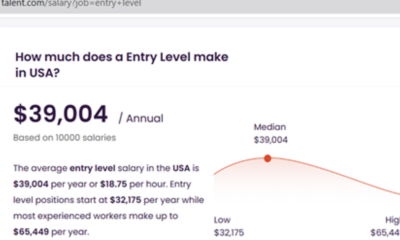
 Accounting1 week ago
Accounting1 week ago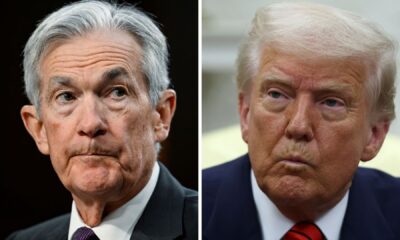
 Economics6 days ago
Economics6 days ago
 Economics4 days ago
Economics4 days ago
 Personal Finance1 week ago
Personal Finance1 week ago
 Personal Finance1 week ago
Personal Finance1 week ago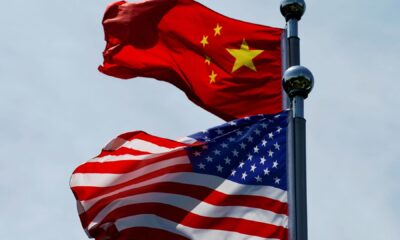
 Economics6 days ago
Economics6 days ago

